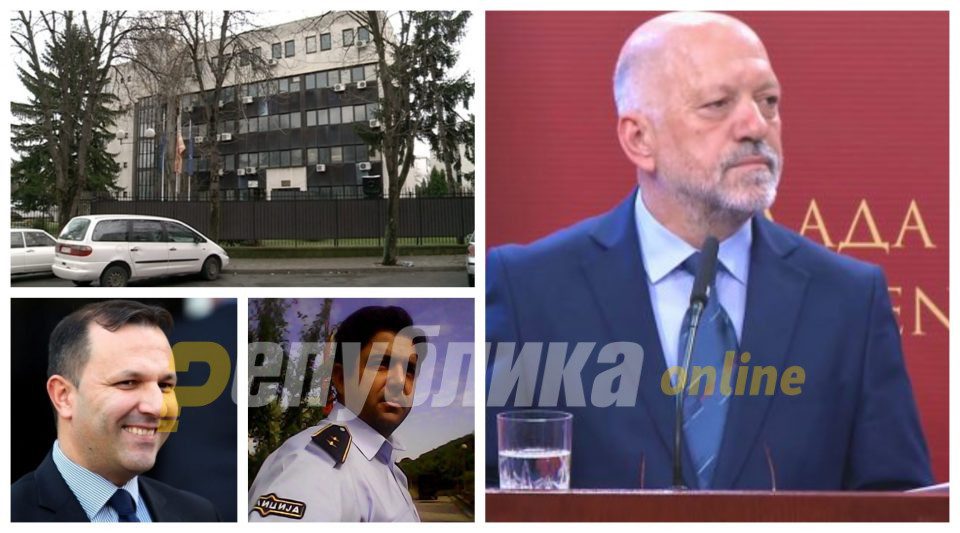The process of establishing a new intelligence agency named ANB (Agency for National Security), to replace the scandal ridden UBK agency, is off to a predictably politicized start. Republika has learnt that the selection process of the ANB officers is based on political allegiance of the UBK agents applying to be retained, but even the ruling SDSM party seems split over which of its loyalists to appoint or promote.
The UBK is at the center of the wiretapping scandal and the abuse going on among its ranks caused the on-going political crisis in Macedonia.
The decision to create a new agency, led by SDSM official and long-time intelligence officer Viktor Dimovski, which would include de-facto firing all UBK officers and the re-hiring a select number of them, seemed designed to purge agents seen as conservative in one broad strike. Meanwhile, the orchestrators of the political crisis such as the agents Zvonko Kostovski and Georgi Lazarevski, who were responsible for abusine the UBK wiretapping systems and gave illegally recorded tapes to the SDSM party, were re-hired with acclaim from a grateful Interior Minister Oliver Spasovski.
Main criteria in employment in the ANB is political loyalty and everybody seen as a political liability is removed. At the same time, objective criteria such as attained education or years of experience are being ignored, Republika was told by well informed sources.
Even as Dimovski is nominally in charge of setting up the new agency, it is reported that Spasovski and anti-terrorism chief Jovce Remenski are actually running the process of selecting the candidates. Remenski is best known for his threat to being mass arrests of opposition leaders as his wife Frosina Remenski faced scrutiny for her role in the major racketeering scandal.
Those selected by Spasovski and Remenski include people with criminal records, disciplinary procedures and fake education certificates. Many are hired for the fact of being relatives of Government officials and many candidates who applied after the deadline are being considered, Republika was told.
The UBK is the heir to the political police apparatus left over from communist times, tasked with fighting crime and domestic security threats – this broad mandate was often interpreted by the agency as allowing it to go after political enemies of ruling party, mainly against those on the right, and it has regularly been reported that the agency cooperates with, instead of fighting against criminals.





Comments are closed for this post.